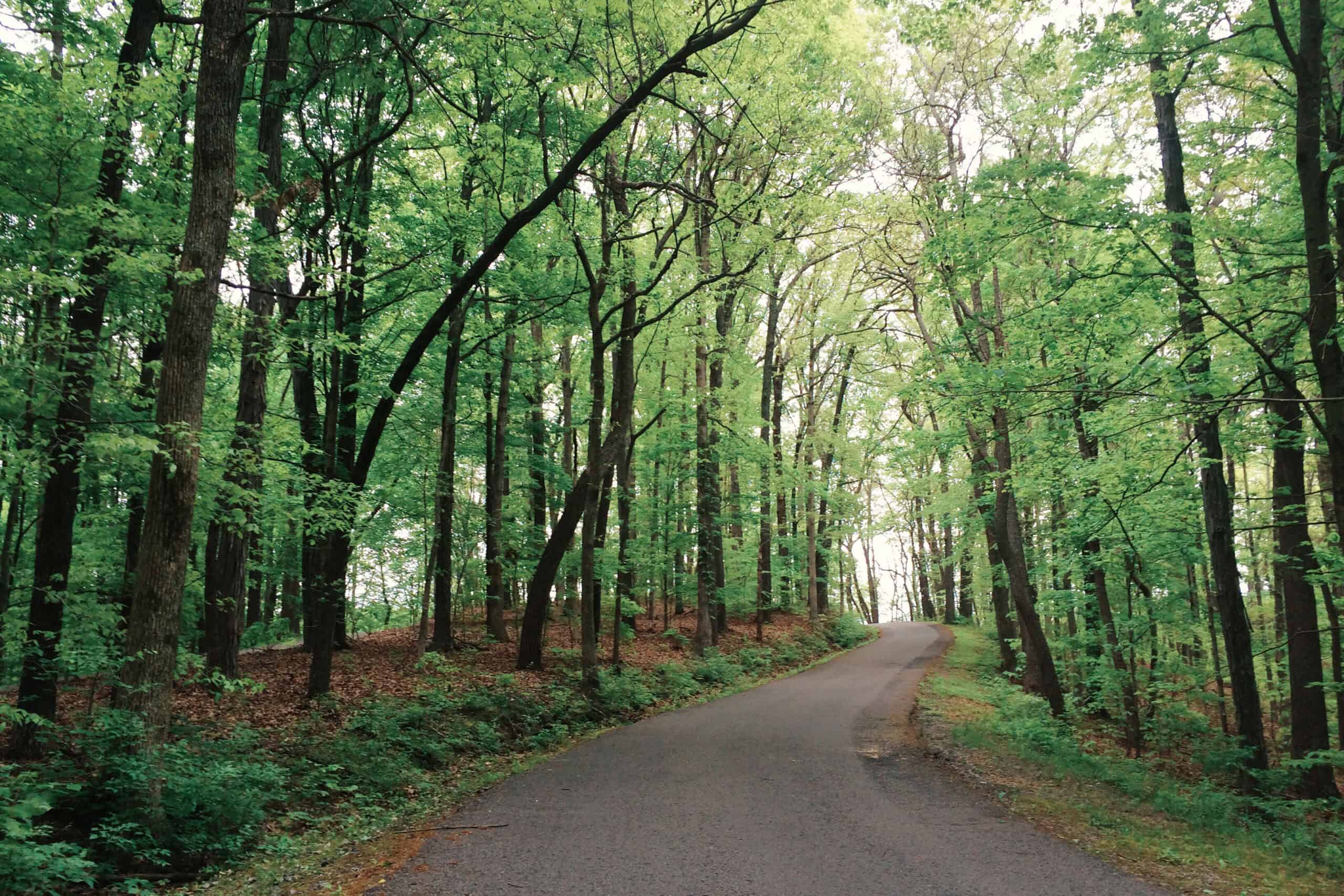In a recent study published in Scientific Reports, researchers discovered that spending time in areas with a diverse range of natural features and species can lead to stronger improvements in mental wellbeing compared to areas with less diversity. This citizen-science study used a smartphone application called Urban Mind to collect real-time reports on mental wellbeing and natural diversity from nearly 2000 participants.
The results of the study provide a compelling basis for creating greener and healthier urban spaces. By understanding how natural diversity boosts mental wellbeing, researchers aim to guide the development of urban areas towards spaces that promote overall wellness. This shift in thinking could lead to the creation of more diverse and vibrant parks that offer a range of natural features for people to enjoy.
Lead author Ryan Hammoud, a research assistant at the Institute of Psychiatry, Psychology & Neuroscience at King’s College London, suggests a new approach to urban parks that mirror the biodiversity of natural ecosystems. This means moving away from heavily curated monocultural areas with mown grass, which typically have low biodiversity. Instead, urban planners should focus on creating spaces that allow for the growth and flourishing of native plants and wildlife, providing people with opportunities to connect with nature and improve their mental wellbeing.


